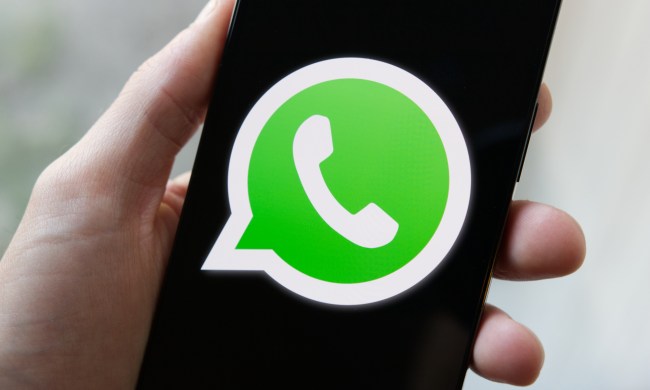WhatsApp for Android now lets you unlock the app with your fingerprint on supported handsets.
The security feature has been available for compatible iPhones since February 2019, with iOS users also able to use Face ID to unlock the app. Face ID isn’t yet an option for WhatsApp’s Android users.
The new fingerprint feature means that after unlocking your handset, when you go to open WhatsApp you’ll be asked to press your finger on the phone’s sensor to enter the messaging app.
Yes, it’s an extra step, and yes, you’ll keep forgetting you’ve enabled it when you open the app expecting the main screen to appear, but the feature offers extra peace of mind for anyone keen to keep their chats and other WhatsApp data from prying eyes.
How to enable fingerprint unlock
To enable the new fingerprint unlock feature, first make sure you have the latest version of the app on your device. Then, tap Settings > Account > Privacy > Fingerprint lock. Next, turn on Unlock with fingerprint, and then confirm your fingerprint.
The setup screen within settings lets you choose whether to have the feature kick in immediately after you leave the app, or a minute after you leave, or only when you’ve been away for at least 30 minutes.
You’ll also see a button that lets you choose how much content to show in message notifications, in other words, whether you want to see a preview of the sender and message text when a notification comes through.
In a blog post announcing the new security feature, WhatsApp confirmed that users will still be able to answer calls if the app is locked.
Starting today, Android users can add another layer of security to their WhatsApp messages with fingerprint lock. Learn more about how to enable the setting here: https://t.co/biwzjhTwop pic.twitter.com/mVDoE4gurk
— WhatsApp Inc. (@WhatsApp) October 31, 2019
Co-founders Jan Koum and Brian Acton launched WhatsApp in 2004.
In 2014, Facebook acquired the company for a colossal $19 billion, but then, amid reported tensions with its new owners over plans for the messaging app, Acton and Koum decided to leave WhatsApp in 2017 and 2018, respectively.
New to WhatsApp? Check out Digital Trends’ handy guide on how to get the most out of it.
